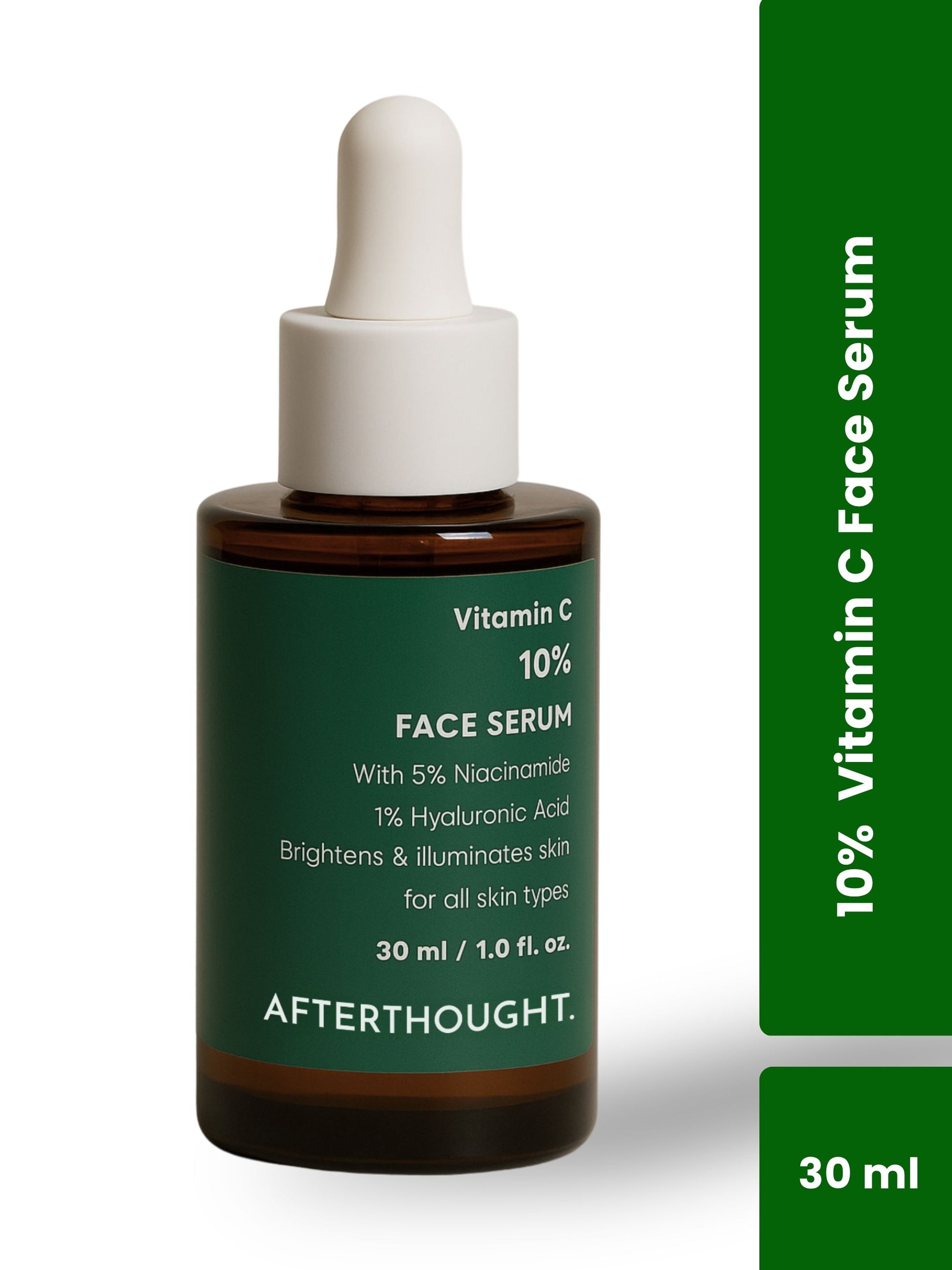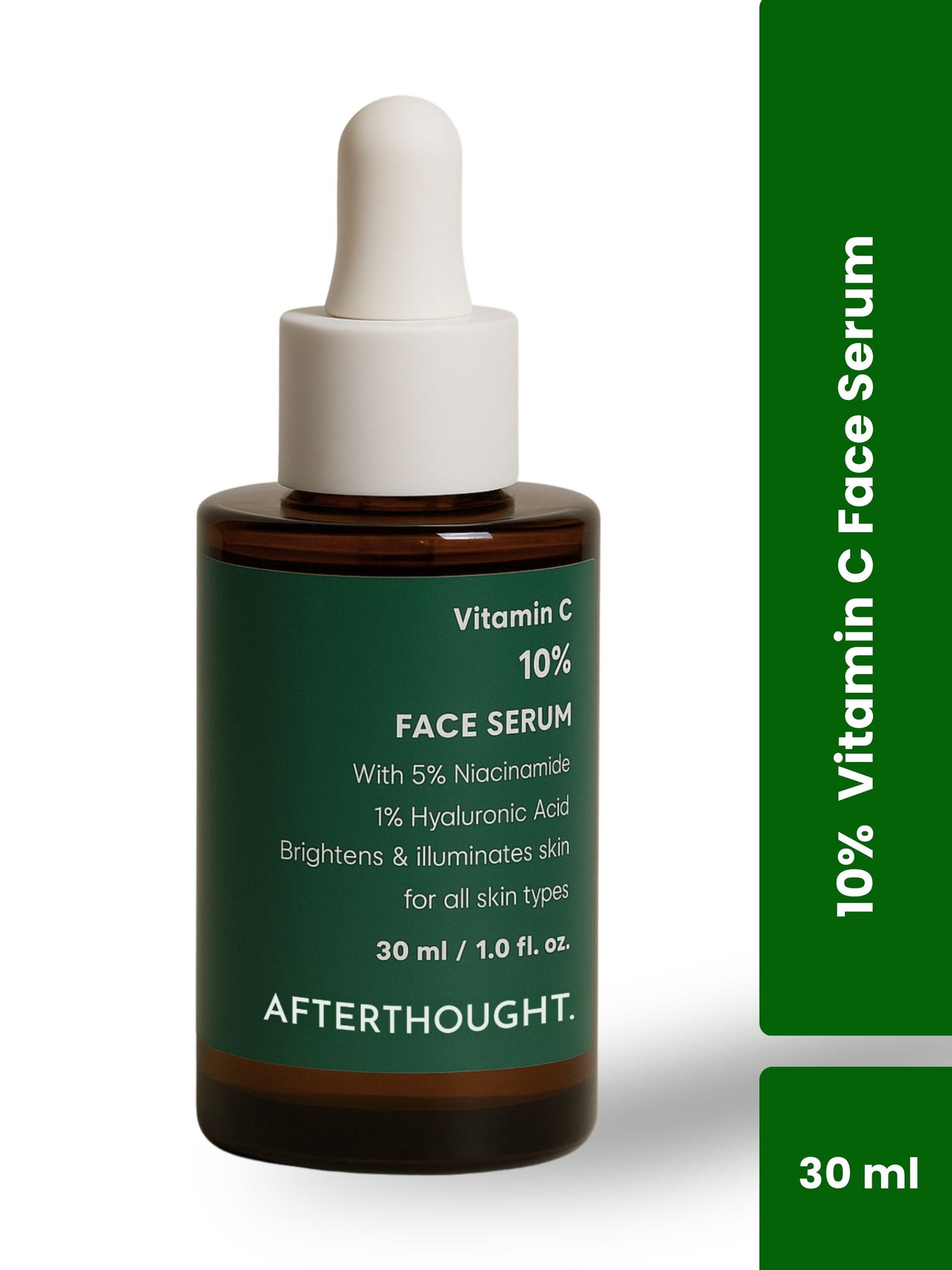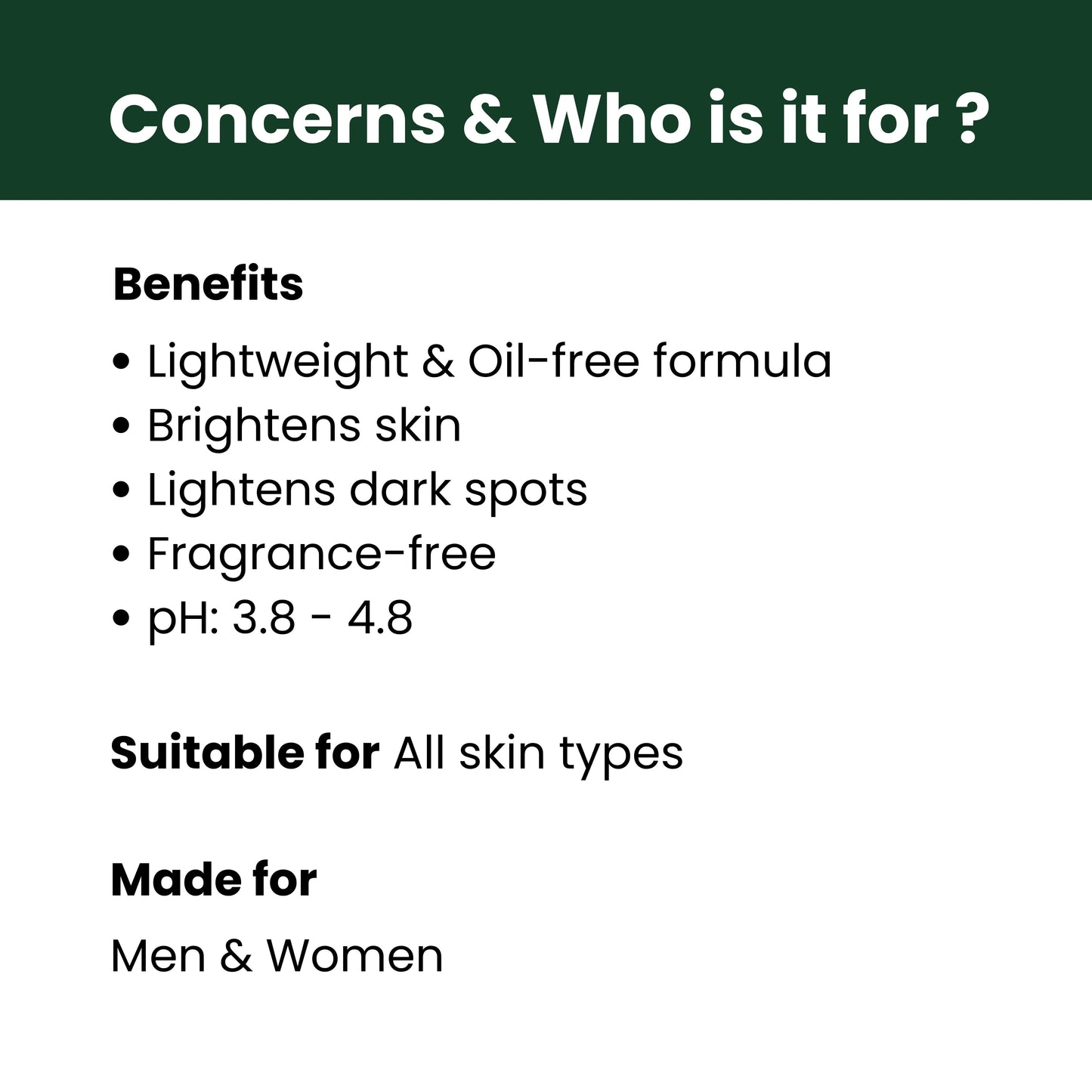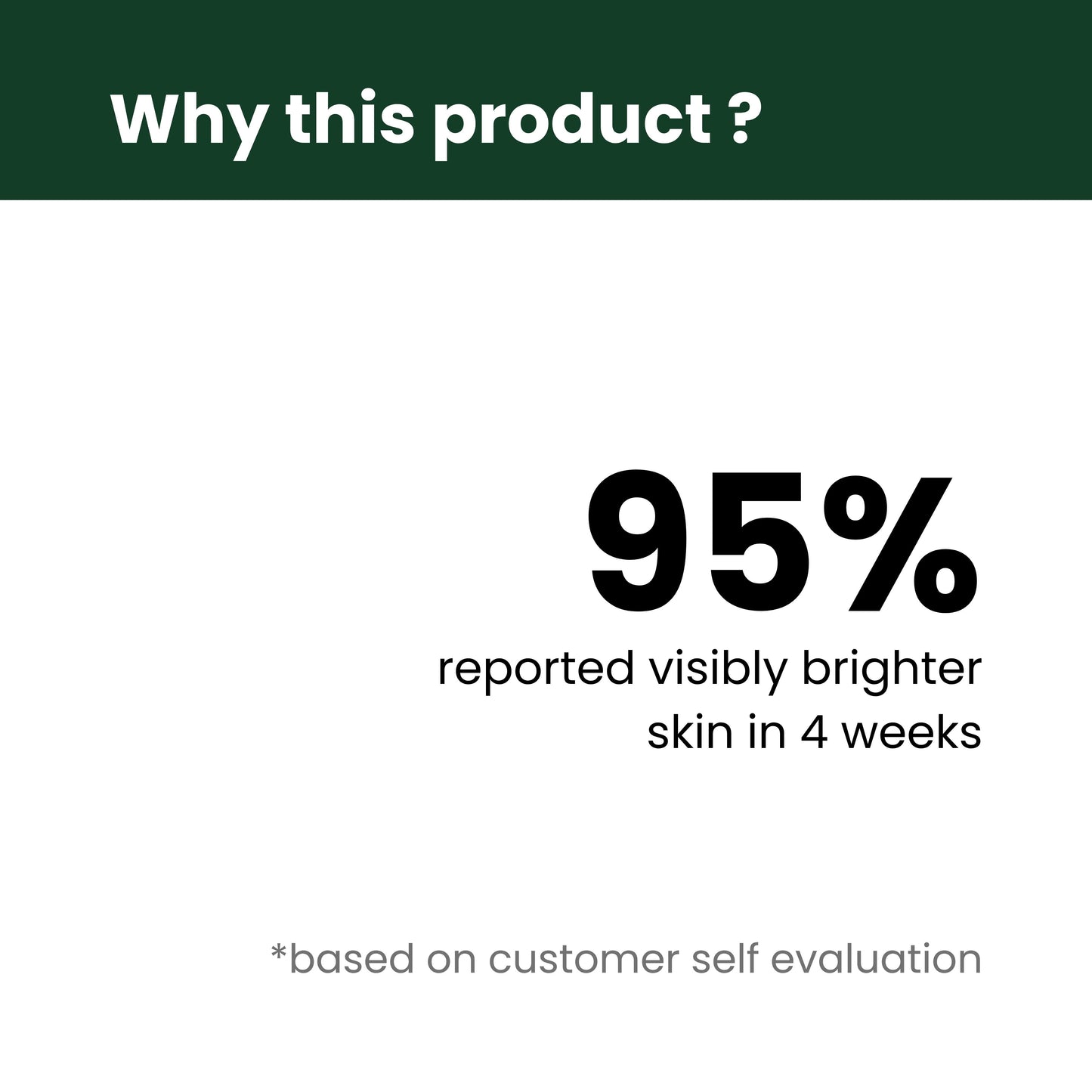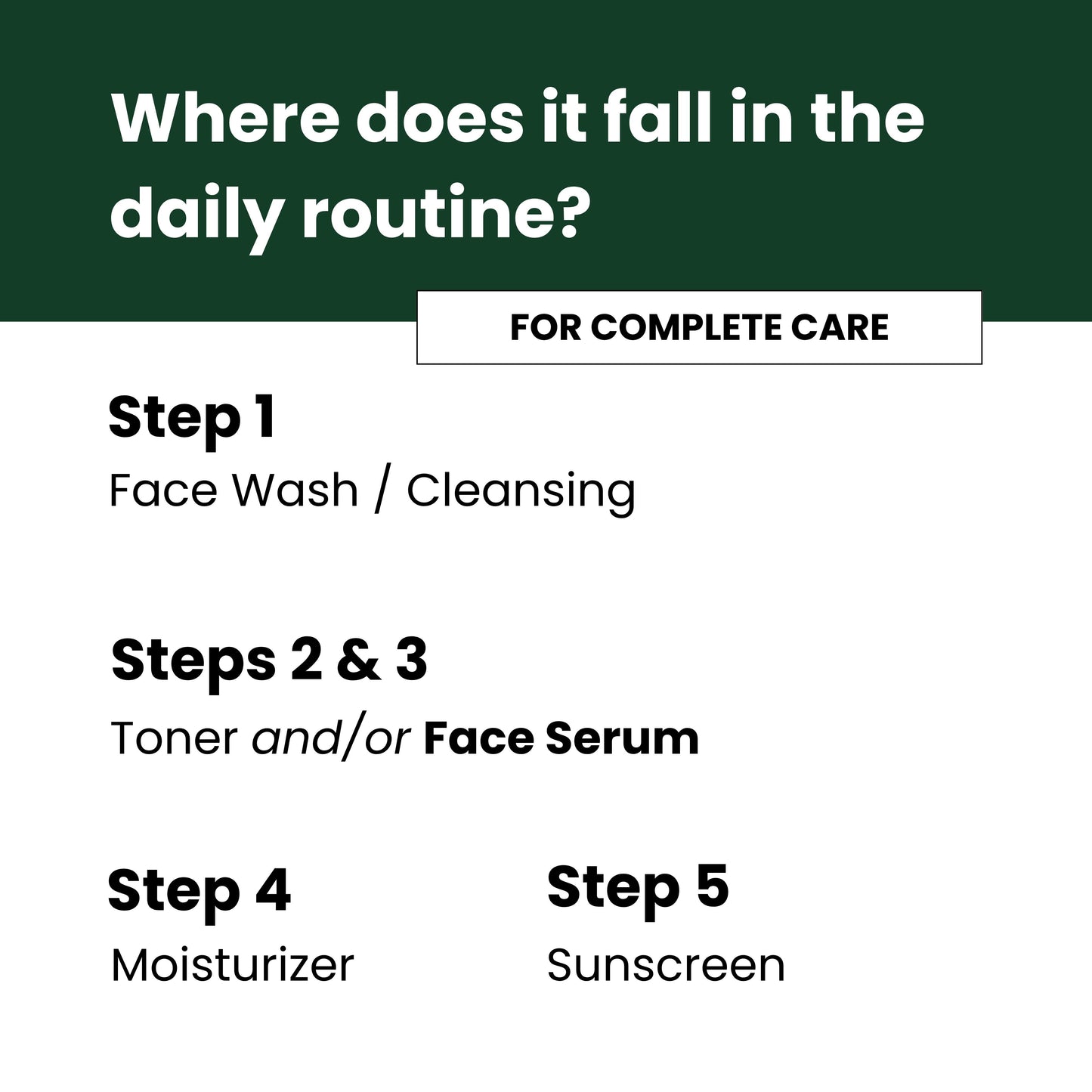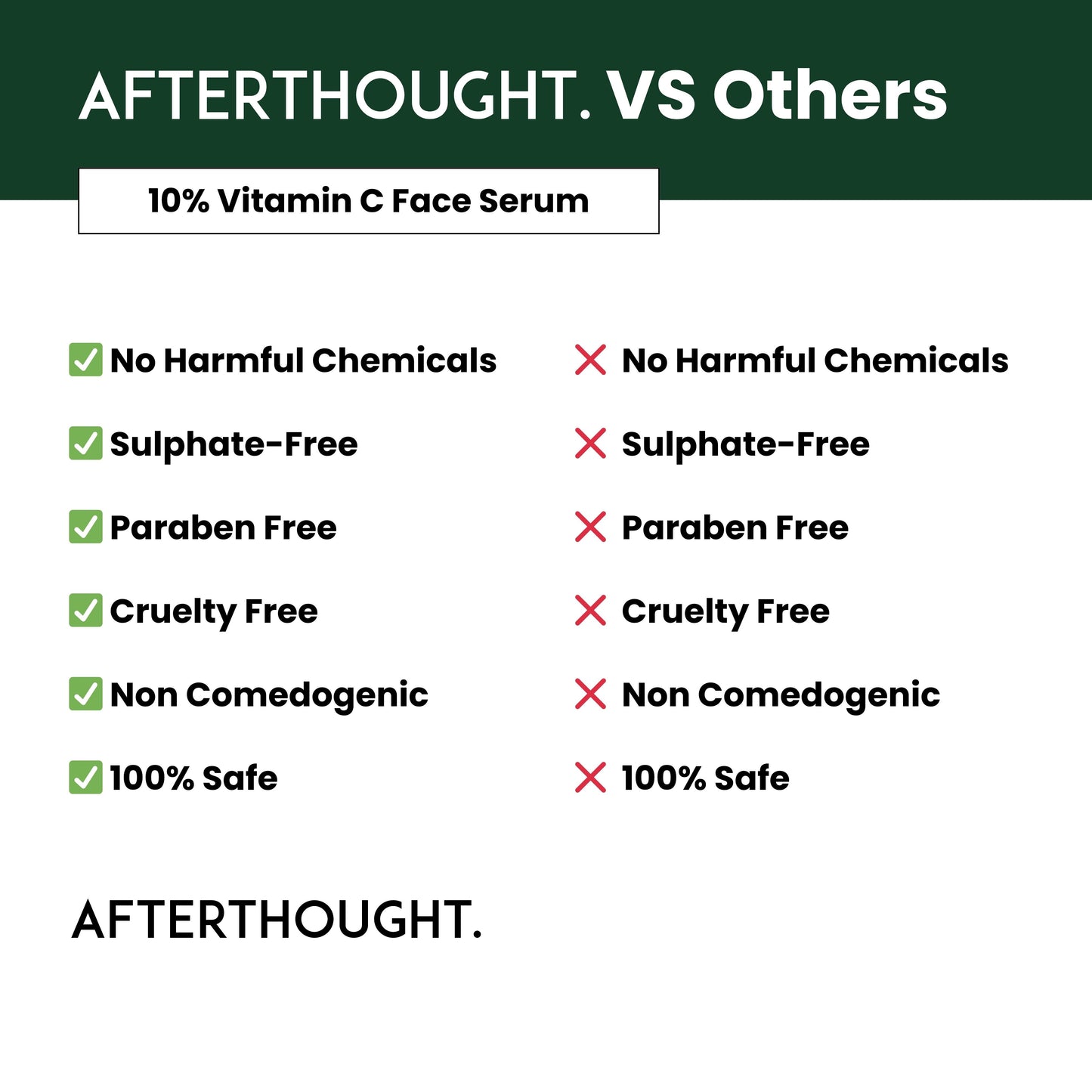Can You Exfoliate Your Face Everyday?
Exfoliation is a critical part of a skincare routine that helps in removing dead skin cells, promoting cell turnover, and revealing a brighter, more youthful complexion.
However, a common question that arises is whether it's safe or beneficial to exfoliate your face every day. Let's delve into the science behind exfoliation, the different types of exfoliants, and the potential risks and benefits of daily exfoliation.
Understanding Exfoliation
Exfoliation involves the removal of dead skin cells from the surface of the skin. This process can be achieved through two main methods:
Physical Exfoliation
This involves using granular substances or tools like brushes, scrubs, or sponges to manually slough off dead skin cells. Common physical exfoliants include scrubs with small, rough particles like sugar, salt, or microbeads.
Chemical Exfoliation
This method uses acids or enzymes to dissolve the bonds between dead skin cells, allowing them to be washed away easily. Common chemical exfoliants include Alpha Hydroxy Acids (AHAs) like glycolic acid, Beta Hydroxy Acids (BHAs) like salicylic acid, and enzymes like papain from papaya.
The Skin's Natural Exfoliation Process
Your skin naturally sheds dead cells approximately every 28 to 30 days, a process known as desquamation. However, factors like aging, sun damage, and certain skin conditions can slow down this process, leading to a buildup of dead skin cells.
This can cause your skin to appear dull, rough, and uneven, which is why exfoliation is often recommended to maintain a smooth, radiant complexion.
Benefits of Exfoliation
Exfoliation offers several benefits, including:
- Smoother Skin Texture: By removing dead skin cells, exfoliation helps to smooth the surface of your skin.
- Improved Product Absorption: Exfoliating removes the barrier of dead skin cells, allowing skincare products to penetrate more effectively.
- Even Skin Tone: Regular exfoliation can help fade dark spots, hyperpigmentation, and uneven skin tone.
- Clearer Pores: Exfoliation helps in preventing clogged pores, which can reduce the occurrence of acne and blackheads.
Risks of Daily Exfoliation
While exfoliation has numerous benefits, doing it every day might not be suitable for everyone. Over-exfoliation can lead to a range of issues:
- Skin Irritation and Sensitivity: Daily exfoliation, especially with physical exfoliants, can cause micro-tears in the skin, leading to irritation, redness, and increased sensitivity.
- Barrier Damage: The skin’s natural barrier, the stratum corneum, protects against environmental stressors and retains moisture. Over-exfoliating can compromise this barrier, leading to dryness, dehydration, and a weakened defense against bacteria and pollutants.
- Increased Oil Production: Paradoxically, over-exfoliation can cause your skin to produce more oil as it tries to compensate for the loss of natural oils, potentially leading to breakouts.
- Premature Aging: Constantly stripping away the skin's protective barrier can lead to premature aging, including fine lines and wrinkles.
Who Should Avoid Daily Exfoliation?
Individuals with sensitive, dry, or acne-prone skin should be particularly cautious about daily exfoliation. These skin types are more susceptible to irritation and barrier damage. Additionally, if you are using other active ingredients in your skincare routine, such as retinoids or strong acids, daily exfoliation can exacerbate the potential for irritation.
How Often Should You Exfoliate?
The frequency of exfoliation depends on your skin type and the type of exfoliant you are using:
- Sensitive or Dry Skin: Exfoliate once or twice a week with a gentle chemical exfoliant or a mild physical exfoliant.
- Normal Skin: Exfoliating two to three times a week is usually sufficient.
- Oily or Combination Skin: You may benefit from exfoliating three to four times a week, especially with a BHA that penetrates and clears pores.
Safe Practices for Exfoliation
If you decide to exfoliate daily, it's crucial to follow safe practices:
- Choose the Right Exfoliant: Opt for a gentle chemical exfoliant with a low concentration of acids. Avoid harsh scrubs or tools that can damage your skin.
- Listen to Your Skin: Pay attention to how your skin reacts. If you notice increased sensitivity, redness, or dryness, reduce the frequency of exfoliation.
- Moisturize: Always follow exfoliation with a hydrating moisturizer to restore moisture and support the skin’s barrier.
- Sun Protection: Exfoliation can make your skin more sensitive to the sun. Always apply sunscreen with broad-spectrum SPF during the day to protect your skin.
Conclusion
While exfoliation is a beneficial step in maintaining healthy skin, daily exfoliation is not necessary and can do more harm than good. The key is to find a balance that works for your skin type and concerns.
By exfoliating responsibly and choosing the right products, you can enjoy the benefits of smoother, brighter skin without the risks of over-exfoliation. Remember, when it comes to skincare, less is often more.
Also Read: How To Exfoliate Your Skin Naturally?


